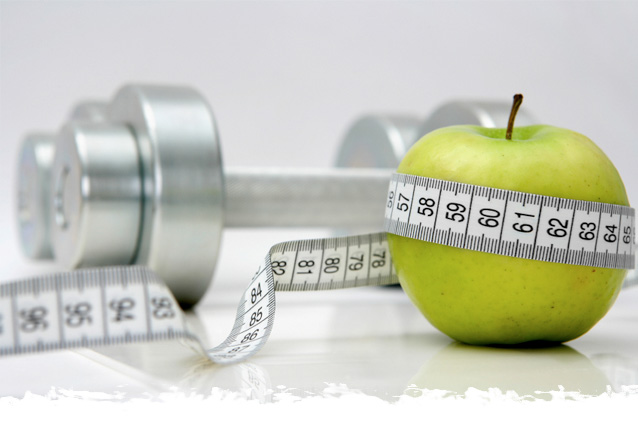Free radicals come from the environment in the form of sunlight, radiation, x-rays, pesticides, and solvents. Free radicals are also produced in our bodies during natural chemical reactions, such as the cellular production of energy.
There is no area of the body left unaffected by free radicals. These nasty scavengers can destroy the inner lining of the heart’s blood vessels contributing to atherosclerosis, as well as increasing the inflammatory process that underlies conditions such as arthritis and diabetes. Free radicals have been shown to play a role in asthma, cancer, cataracts, obesity and congestive heart failure.
This is where antioxidants come in: they prevent the damage associated with free radicals as they provide an extra electron to neutralize the free radical. One of the reasons why humans have a much longer lifespan than animals is because of our dietary intake and greater consumption of antioxidants.
You’ll recognize these as vitamins C and E, beta-carotene, bioflavonoids and coenzyme Q10.
Vitamin C is a popular antioxidant that we’ve all heard of. It plays a primarily protective role in the body, helping to protect from cancerous changes at a cellular level, regenerating vitamin E stores and enhancing white blood cells of our immune system. In a study of over 11,000 adults, 500 mg of vitamin C daily elongated the life span of men by five years and women by one to three years. When you are deficient in vitamin C, you’ll notice a susceptibility to lung infections, colds and flus, poor wound healing, and gum disease. The best sources are fruits such as berries and citrus, and vegetables – parsley, broccoli, bell peppers, cauliflower, kale, Brussels sprouts. Keep in mind vitamins degrade with heat (minerals do not), so eating them raw or slightly steamed will provide you with the highest vitamin bang for your buck.
Vitamin E is a fat-soluble antioxidant shown to reduce the risk of heart disease by 50 per cent. It protects the skin from ultraviolet light (sun damage), allows cells to communicate effectively which each other, and protects against prostate cancer, Alzheimer’s disease, eye and liver disease. Nuts and seeds such as almonds and sunflower seeds are a great source.
Beta-carotene has a potent antioxidant effect and is converted into vitamin A in the body. Smoking and regular alcohol intake as well as a diet low in fruits and vegetables has been linked to low beta-carotene levels. Beta-carotene has been associated with a reduced cancer rate involving certain cells of the lungs, skin, cervix and gastrointestinal tract. Foods that are rich in beta-carotene include sweet potatoes and yams, carrots, kale, spinach, winter squash and cilantro. The immune and reproductive systems are greatly enhanced with proper dietary sources of beta-carotene.
Bioflavonoids: you can think of these as being our protector against environmental stress and internal inflammation. In addition, they appear to modify the body’s allergic reactions and responses to viruses and carcinogens. They work synergistically with vitamin C, protecting cells from oxidative damage and improving blood vessel integrity. A noticeable sign of flavonoid deficiency is easy bruising and frequent nose or gum bleeds. Great dietary sources are apples, citrus fruits, berries, onions, parsley, tomatoes, black beans and green tea.
STUDY: Eating flavonoids has been shown to reduce men’s risk of Parkinson’s disease!
Coenzyme Q10 is especially beneficial for energy production in the cells of the heart muscle. Your heart is the one muscle in your body that never relaxes – think about it. From virtually the moment you’re conceived (ok, give or take a few weeks while the heart develops) to the moment you die (80 years? 90?) your heart does a fantastic job of continually contracting and relaxing to support your life. Heart disease, stroke and cancer are the three leading causes of death, so we should do everything possible to reduce our risk factors. Coenzyme Q10 plays a role in reversing heart-related diseases.
Antioxidants are crucial additions to any anti-aging or life extension regimen and should be a large part of a healthy diet. I generally recommend a vegetable to fruit ratio of 4 to 1, and ideally we would aim for 4 to 5 cups of brightly colored and dark leafy green veggies every day and 1 to 2 servings of fruit to ensure adequate antioxidant status.
Let’s slow the aging process and focus on preventative health!





